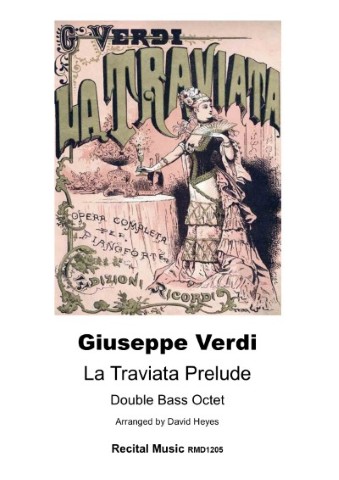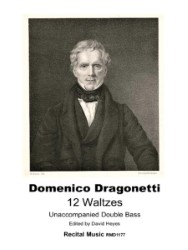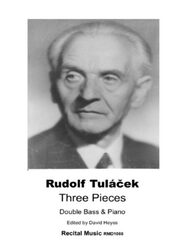La Traviata Prelude

Composer: Verdi, Giuseppe
Instrumentation: Double Bass Octet
Arranger: David Heyes
Publisher Recital Music
Prelude to Act One of La Traviata by Giuseppe Verdi was transcribed for double bass octet in 2011 by David Heyes and the arrangement was…
Page ? of ?
Digital Download – PDF
Shipping costs: No shipping
R.R.P £8.50
Our Price: £7.23




